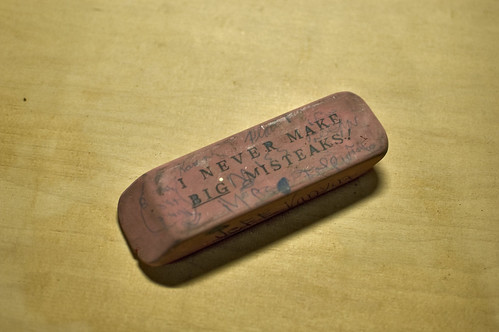On a rare beautiful day in Chicagoland, I noticed a person driving a sweet convertible with the top up. I was offended. Seriously. You have the audacity to own a convertible and when the weather actually permits, you choose to leave the top up? Too much work? Didn’t feel like it? Please.
If you have a car with the ability to have the top down, put it down. Let me see you enjoying your investment. Let me long for your life. Help me live vicariously through you.
Since then, I have been keeping track of the top up/top down ratio. How many people have a convertible, but drive with the top up verses down? It also woke me up at 3am. While I was staring at the ceiling wondering if I would be able to get back to sleep, I had a thought:
When people look at my life, what is the “convertible with the top up” equivalent?
How am I squandering whatever I have been blessed with? I think about my family and my job and wonder if I make choices based on “too much work” or “I might mess up my hair”, that I am missing out on the experience that is right in front of me.
When I think about my life and the choices I make, I often am reminded of the parable of the talents, and I am not interested in being the one dude that buries my talent in the ground because I am afraid of losing what I do have. I want to make the most of what I have.
I want to live life to the fullest, with the convertible top down. When people look at my life, I want to be living a life worth emulating. I want the wind whipping through my hair.
In what ways are you living a stingy life? How can you take advantage of all that you have for something larger than your own comfort?










